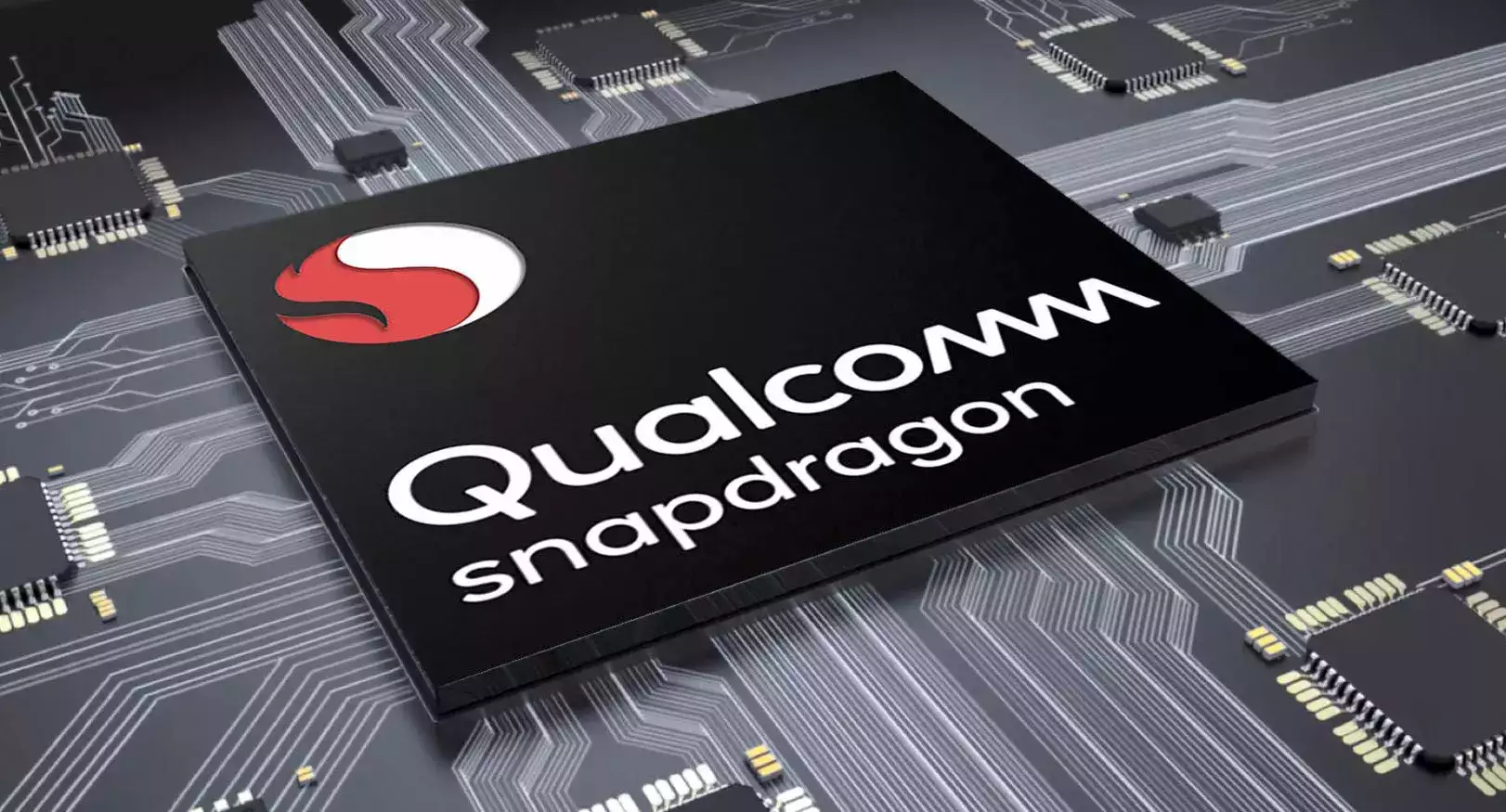Qualcomm's strategic acquisition of Alphawave Semi for $2.4 billion marks a significant step in the company's diversification strategy, signaling a strong push into the data center market and bolstering its technology portfolio for future growth. The deal, announced on June 9, 2025, is expected to close in the first quarter of 2026, subject to regulatory approvals and Alphawave shareholder approval. This acquisition provides Qualcomm with key assets and expertise in high-speed wired connectivity and compute technologies, crucial for the burgeoning fields of artificial intelligence (AI), data networking, and data storage.
For years, Qualcomm has been primarily known for its Snapdragon processors used in smartphones and other mobile devices. However, with increasing competition and the cyclical nature of the smartphone market, the company has been actively seeking to diversify its revenue streams. The acquisition of Alphawave Semi is a strategic move to reduce reliance on the mobile sector and tap into the high-growth potential of the data center market. Qualcomm's renewed focus is on high-performance, low-power chips aimed at AI and data center applications.
Alphawave Semi, a UK-based chip designer, specializes in high-speed connectivity and compute silicon essential for 5G wireless, AI, and data center applications. Their expertise in technologies like SerDes (serializer/deserializer) and PAM4 (Pulse Amplitude Modulation 4-level) enables faster data transmission between chips, improving bandwidth and power efficiency—critical factors in modern data centers. Furthermore, Alphawave Semi develops coherent DSP (digital signal processor) products for advanced optical communications, facilitating the shift from copper to optical cabling, which supports higher bandwidth and lower power consumption.
This acquisition aligns perfectly with Qualcomm's existing technology portfolio, particularly its Oryon CPUs and Hexagon NPUs. These processors are designed to meet the increasing demand for AI inferencing and efficient computing power in data centers. Qualcomm's CEO, Cristiano Amon, has emphasized that the company's advanced custom processors are a "natural fit for data center workloads," highlighting the synergy between the two companies. Moreover, Qualcomm is developing CPUs that will use Nvidia technology to enable quick communication with Nvidia's GPUs.
Qualcomm's interest in the data center market isn't entirely new. The company previously launched its Centriq processors in 2017, targeting this space. However, those efforts were curtailed due to cost cuts and legal challenges. Now, with the Alphawave acquisition, Qualcomm is making a more determined and strategic return, leveraging Alphawave's expertise and technologies to enhance its competitiveness.
Beyond the Alphawave Semi acquisition, Qualcomm is also investing in other areas to strengthen its AI capabilities. The company recently acquired the generative AI division of VinAI, a Vietnam-based company, to enhance its research and development in AI. This acquisition provides Qualcomm with expertise in generative AI, machine learning, computer vision, and natural language processing, accelerating the development of AI-driven solutions for various industries, including smartphones, PCs, and vehicles.
The data center market is highly competitive, with established players like Intel and AMD already holding significant market share. Tech giants like Microsoft and Amazon are also deploying their own custom-built processors. To succeed in this environment, Qualcomm is focusing on offering power-efficient and high-performance solutions optimized for AI workloads. The company believes its on-device AI strategy, which enables AI processing directly on the hardware rather than relying on cloud processing, will provide performance advantages through reduced latency and enhanced data privacy.
With the acquisition of Alphawave Semi, Qualcomm is poised to strengthen its presence in the data center market, expand its technology portfolio, and drive future growth in the AI era. The company's strategic investments and focus on innovation position it to be a key player in the evolving landscape of high-performance computing and connected devices.

















